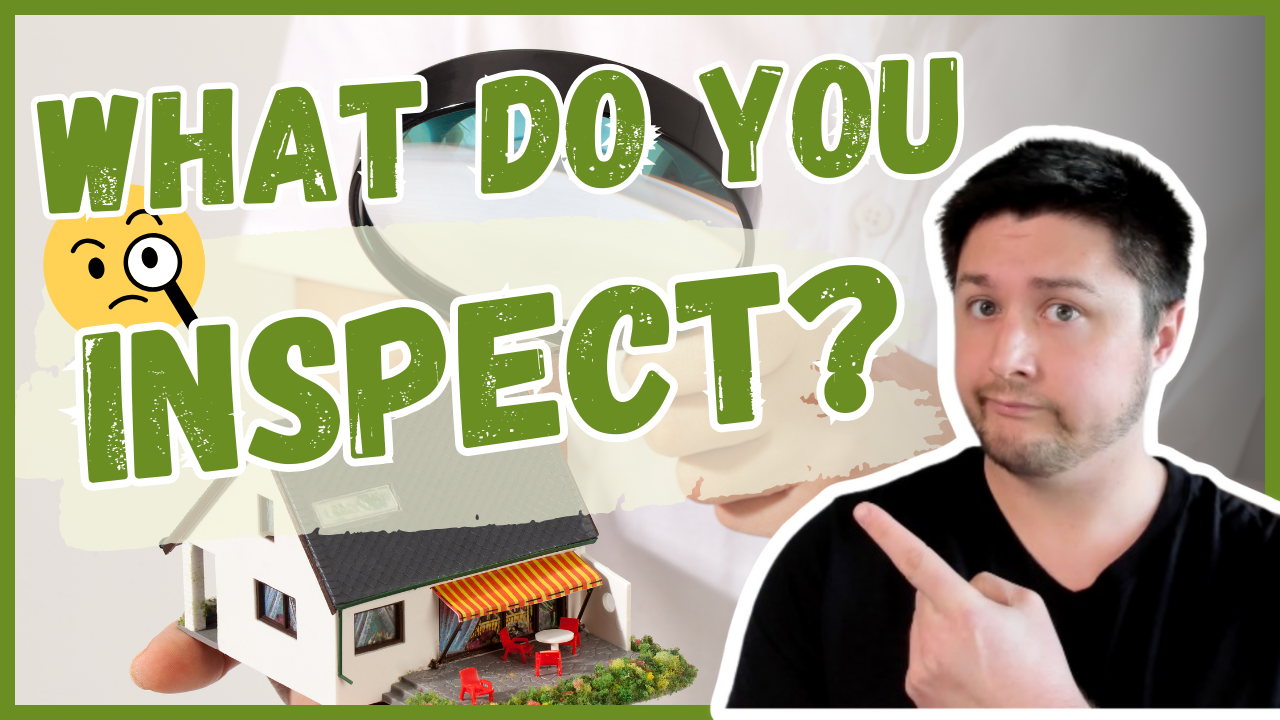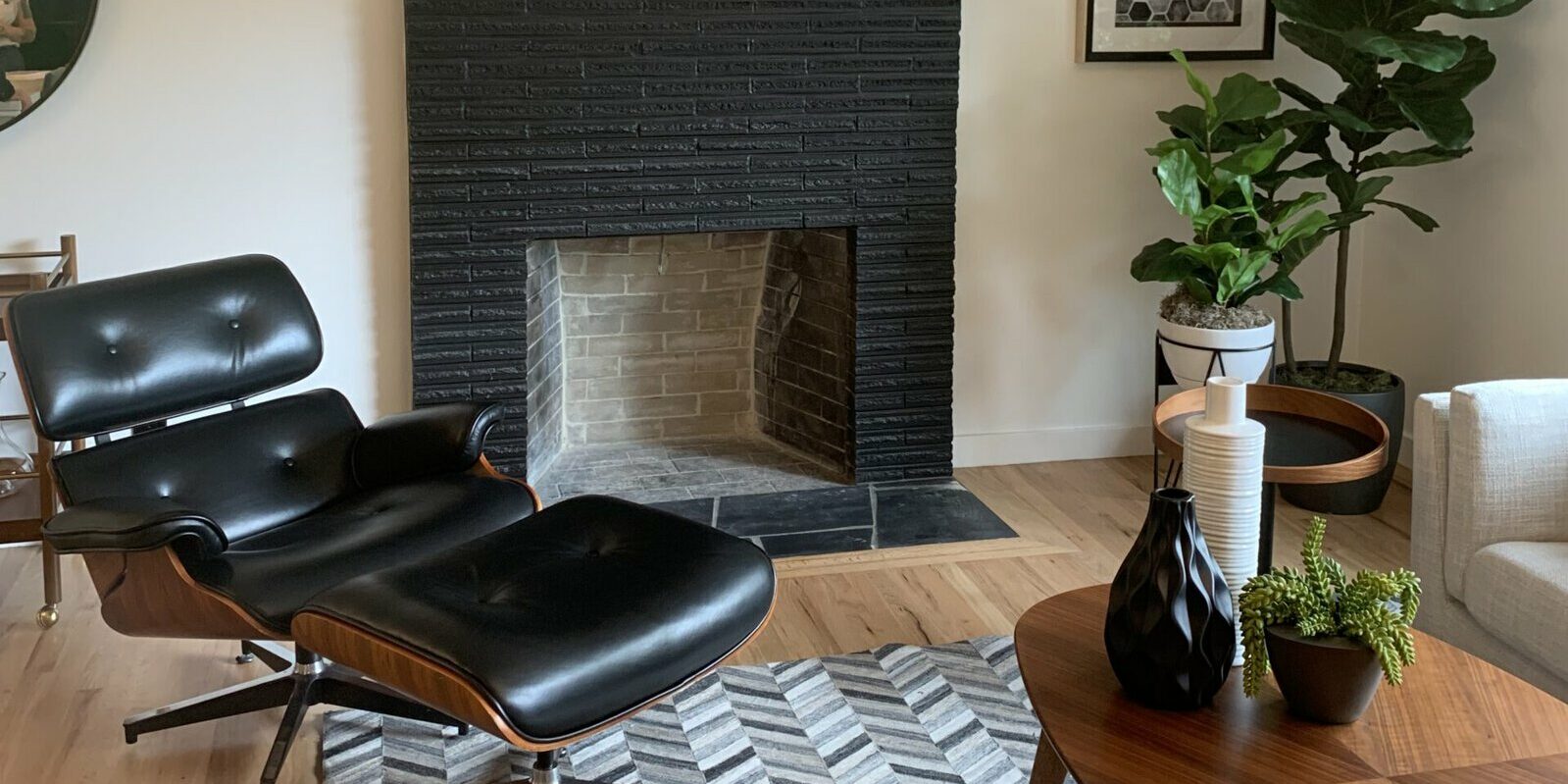Houseboat Living in Portland, Oregon: Is It Right for You?
Are you considering houseboat living in Portland, Oregon? If you love the water and crave a unique living experience, houseboat living might be the perfect fit. In this guide, we’ll explore what houseboat living entails, the pros and cons, and help you decide if it’s the right choice for you. Let’s dive in!
What is a Houseboat?
A houseboat is a boat designed or modified to serve as a home. While many houseboats are stationary, some are mobile, allowing for the freedom to move to different docks as desired.
Pros of Houseboat Living
- Waterfront Living: Enjoy wonderful waterfront views and easy access to water activities.
- Affordability: Typically, houseboat living can be more affordable than traditional waterfront properties.
- Mobility: If you don’t like your current location, you can move your houseboat to a different dock.
Cons of Houseboat Living
- Depreciating Asset: Similar to mobile homes, houseboats usually depreciate over time.
- Limited Financing Options: Few lenders offer loans for houseboats, and the associated fees can be higher.
- Maintenance: Houseboats often require more maintenance and upkeep.
- Ongoing Fees: Expect to pay higher fees, including HOA or mooring fees, since you don’t own the water or land beneath your houseboat.
Is Houseboat Living Right for You?
Only you can decide if houseboat living is the right fit. Here are some factors to consider:
- Lifestyle: If you seek a flexible, water-centric lifestyle, a houseboat could be perfect for you.
- Cost Considerations: While upfront costs and ongoing fees can be higher, houseboats can be more affordable than traditional homes.
- Long-Term Goals: If you’re looking for an appreciating asset, consider condos or townhouses instead.
Things to Consider Before Buying a Houseboat
- Five to Ten-Year Plan: Think about your long-term goals and whether houseboat living aligns with them.
- Maintenance Needs: Be prepared for ongoing maintenance and higher costs associated with houseboat living.
- Financing and Fees: Understand the financing options and the various fees involved in houseboat ownership.
Houseboat living offers a unique and flexible lifestyle, but it’s essential to weigh the pros and cons carefully. If you value mobility and waterfront living, it might be a great option. However, if you’re looking for a traditional home that appreciates over time, you might want to explore other options like condos or townhouses.
If you currently live on a houseboat or have experience with this lifestyle, I’d love to hear your feedback!
Watch the Full Video: Houseboat Living in Portland, Oregon | Real Estate Guide
If you have any questions about buying a home or need more personalized advice, feel free to reach out to me. Connect with me on YouTube, Instagram, or Facebook.
For a more detailed consultation or to get started on your home buying journey, schedule a free strategy session here. You can also access my Free Buyer’s Guide to help you through every step of the process here.







